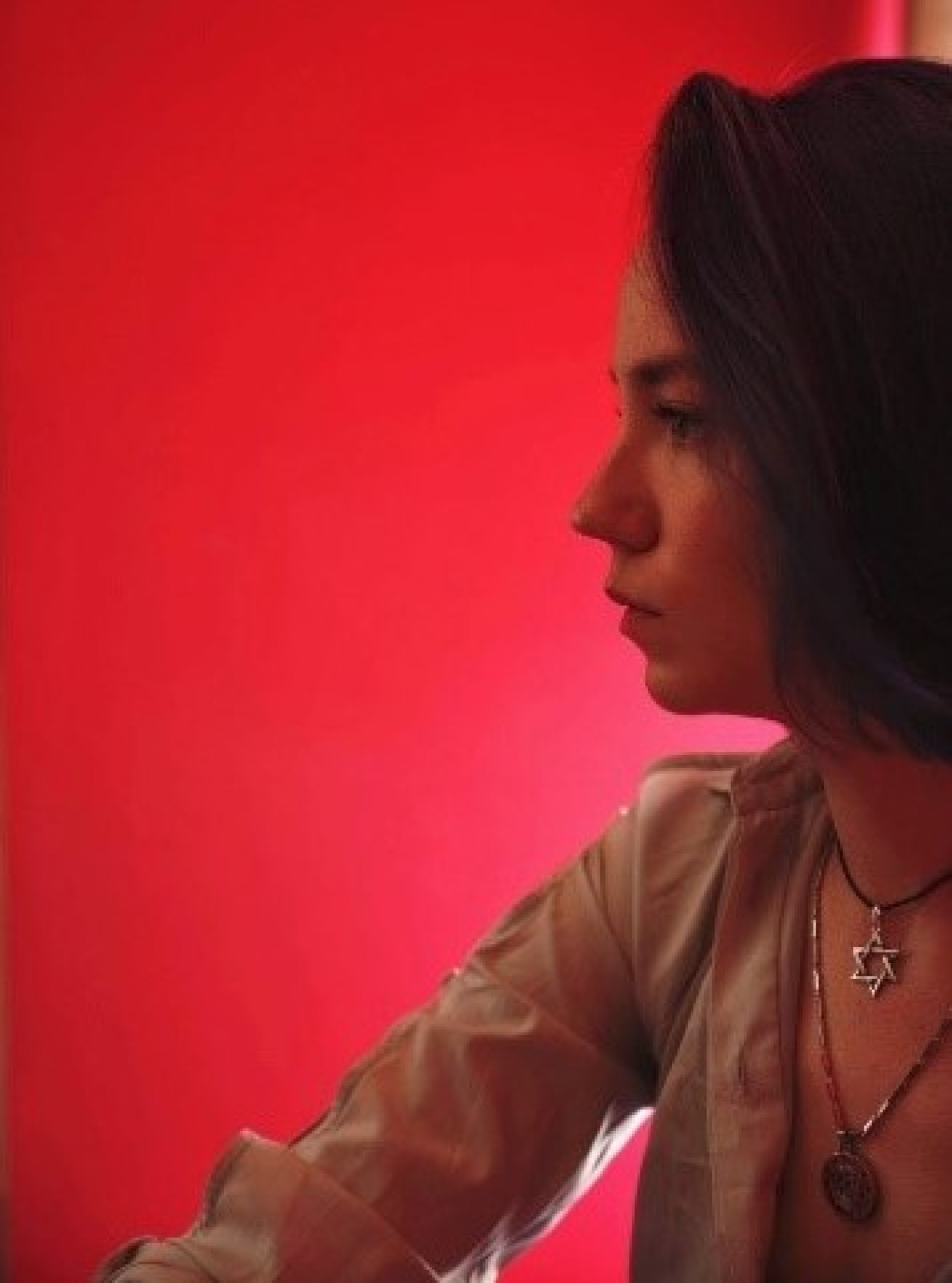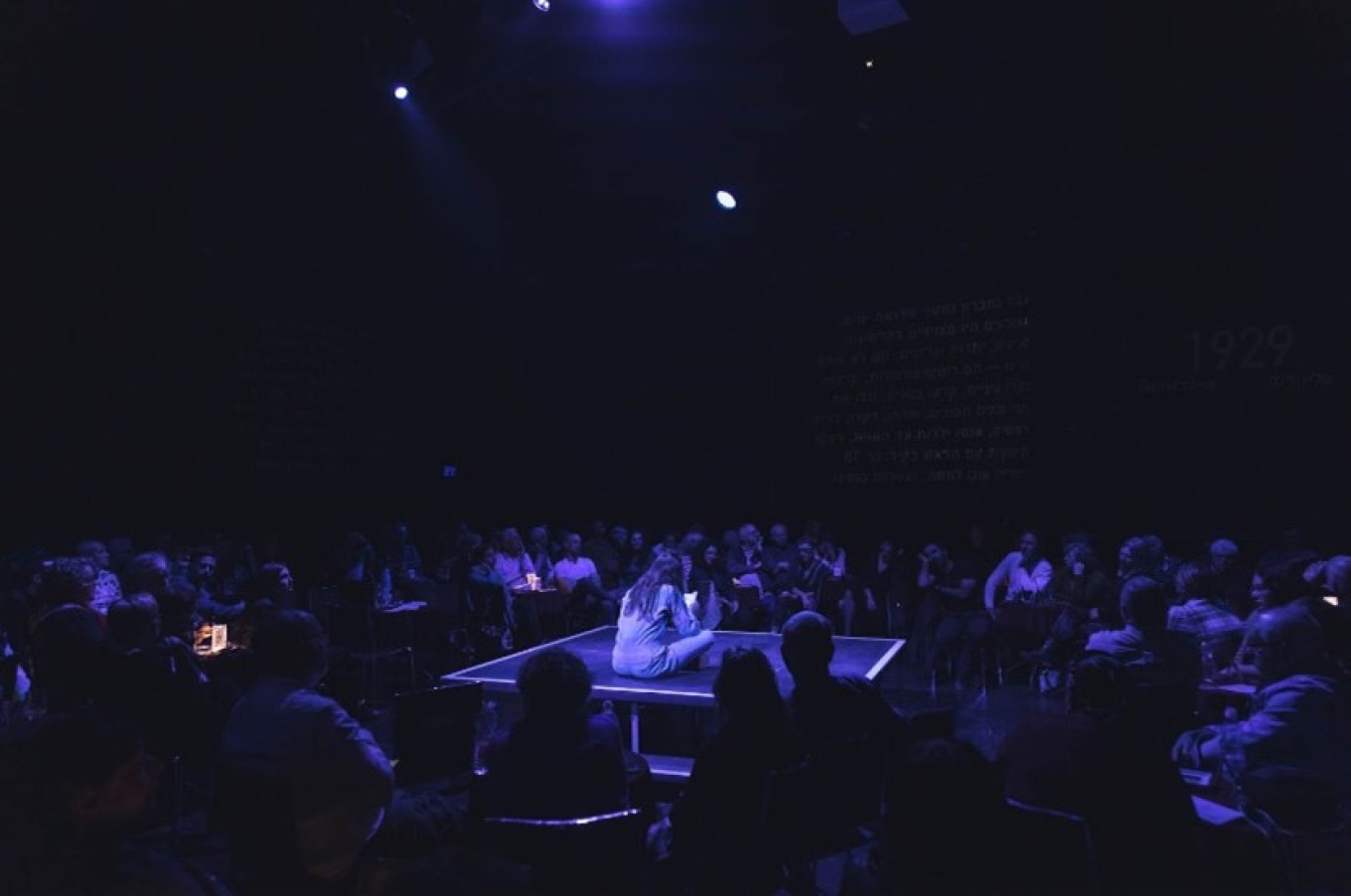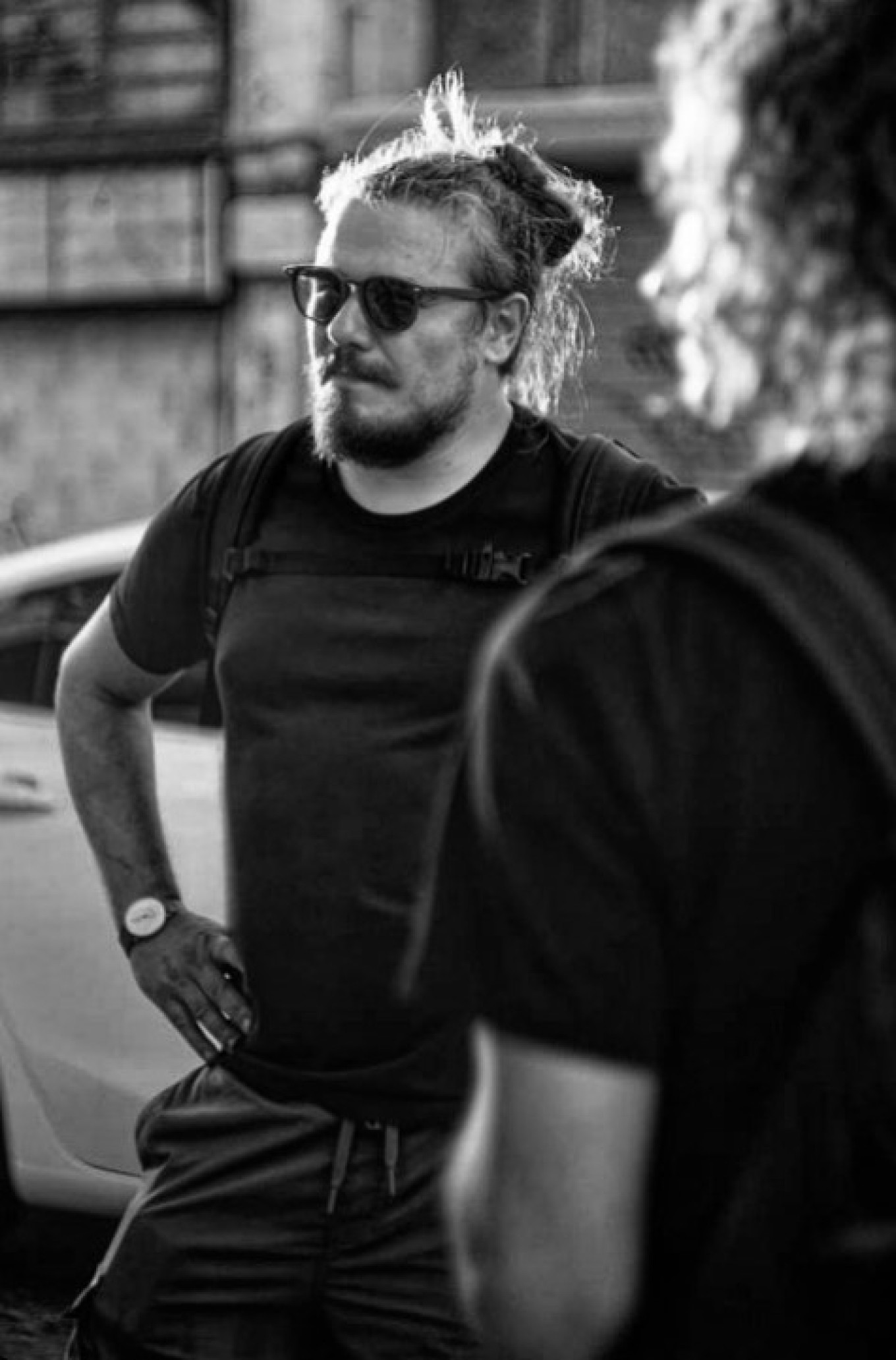Nikolai Dreiden, a theater and film director, strolls along the beaches of Tel-Aviv, Israel, speaking with passion about his work and the influence of his family. He comes from a well-known lineage in the Russian theater and cinematographic world: his grandfather, Simon, was a theater critic imprisoned under Stalin, and his father, Sergei, was a famous theater and film actor. Despite having arrived in Israel only a year ago, he does not feel like a foreigner. “Israel is my home, I do not feel like a migrant here,” he told The Moscow Times.
Since the start of the war in Ukraine, Russian actors and theater directors have left their country in large numbers, taking their work with them far away from home. As theater critic Alexei Kiselev has noted, “Russian theatrical life is truly in full swing abroad. Kirill Serebrennikov is in Hamburg, Maxim Didenko in Berlin, Timofei Kulyabin in Sofia, Semyon Aleksandrovsky in Tel Aviv, and Dmitry Krymov, it seems, is in the U.S.”
Among these destinations, Israel appears to stand out. Actors and directors of Jewish origin are eligible for Israeli citizenship via the Law of Return (guaranteeing citizenship to anyone with at least one Jewish grandparent). In the past year, more than 45,000 Russian migrants have arrived in Israel, part of the country’s largest Russian-speaking emigration wave since the 1990s.

This new wave of migration stands in the continuity of Israel’s long history of Russian theater. Habima, one of the largest theaters in the center of Tel Aviv, was created by Russian artists fleeing repression in the 1920s. Gesher Theatre in Yaffo was created following the end of the Soviet Union, and the migration of over one million Russian speakers to Israel. It was originally founded as a Russian-speaking theater before rapidly transitioning to Hebrew.
Thanks to this history, performing in Israel does not feel foreign. For Nikita Naydenov, a young Russian actor who fled Russia after the mobilization, acting in front of Israeli audiences composed mostly of Russian-speakers who came in the 1990s feels “oddly familiar.”
The Russian theater world has faced a wave of domestic repression in recent months, notably with the arrest of theater director Yevgenia Berkovich and playwright Svetlana Petriychuk. Many of the actors and directors now in Israel engaged with socio-political themes in their work back in Russia and say that they had already contemplated leaving prior to Feb. 24, 2022. But the start of the war and increasing repression gave them the final push.
“After Crimea’s annexation in 2014, I slowly felt I was losing a sense of perspective,” Nikolai said. One of his plays dealing with the zombification of the masses, called “Zombie Zombie Zombie “with a Z” he says with a smile, closed “due to corruption,” while his popular musical “Leonid Panteleyev” was closed by the authorities at the start of 2022.
Dasha, briefly detained three years ago, understood that her activities in Russia would end although she was not sure exactly when. She emphasizes that in Russia, Fulcro “did not engage in self-censorship. We always called things as they are, aware of the risks.” In Israel, she continues to shine a light on political issues and direct anti-war pieces by inserting the theme of the war in Ukraine into works about the First World War, the Holocaust, and Hiroshima.

Immigrants coming to Israel face a series of challenges, including tighter immigration policy for Russian speakers from the right-wing government, challenges of learning a new language and integration, and the high costs of living in Israel.
Due to these challenges, many Russian actors and directors have already left Israel and moved to cheaper places such as Tbilisi. Nikita, the actor, expresses his hope that more people with the right to Israeli citizenship will stay in Israel and help develop a new chapter of Russian-speaking theater in Israel for the long term.
But Russians who do choose to stay in Israel despite the challenges emphasize that they are finding a new voice away from home. Fulcro’s director said that while her group could not find its place in Russia, it has received better reception on the shores of the Mediterranean. While in Russia, it was seen as too archaic by avant-gardists and did not fit into classic Russian theaters. But in Israel, it is finding its place: “Here, some people understand that our work is needed, important, and interesting,” says Dasha.

The recent influx of actors and directors has also had an important impact on existing Israeli theater institutions. Nikita played in the first Russian performance in twenty-five years at Gesher. Similarly, Fulcro was the first to perform in Russian with Hebrew subtitles at Tmuna, an Israeli theater. There they performed the “The Chorus Perishes,” a play written by Asya Voloshina following Crimea’s annexation, which incorporated real voices from soldiers of the First World War.
Slowly, Fulcro is incorporating Hebrew in its plays, and Dasha emphasizes that it is very important for her group that there are subtitles in Hebrew, even when they are “certain” all of their audience speaks Russian. This is part of the process of integration and rethinking of migrants’ personal identity.
Both Nikolai and Dasha reflect on whether they are still Russian artists, and whether they were ever fully part of the Russian theater world given their opposition stances. “I am a cosmopolitan,” says Nikolai. “Like my grandfather who was arrested as part of Stalin’s anti-cosmopolitan campaign. I’m half Ukrainian and Jewish. I just happen to speak Russian.”





